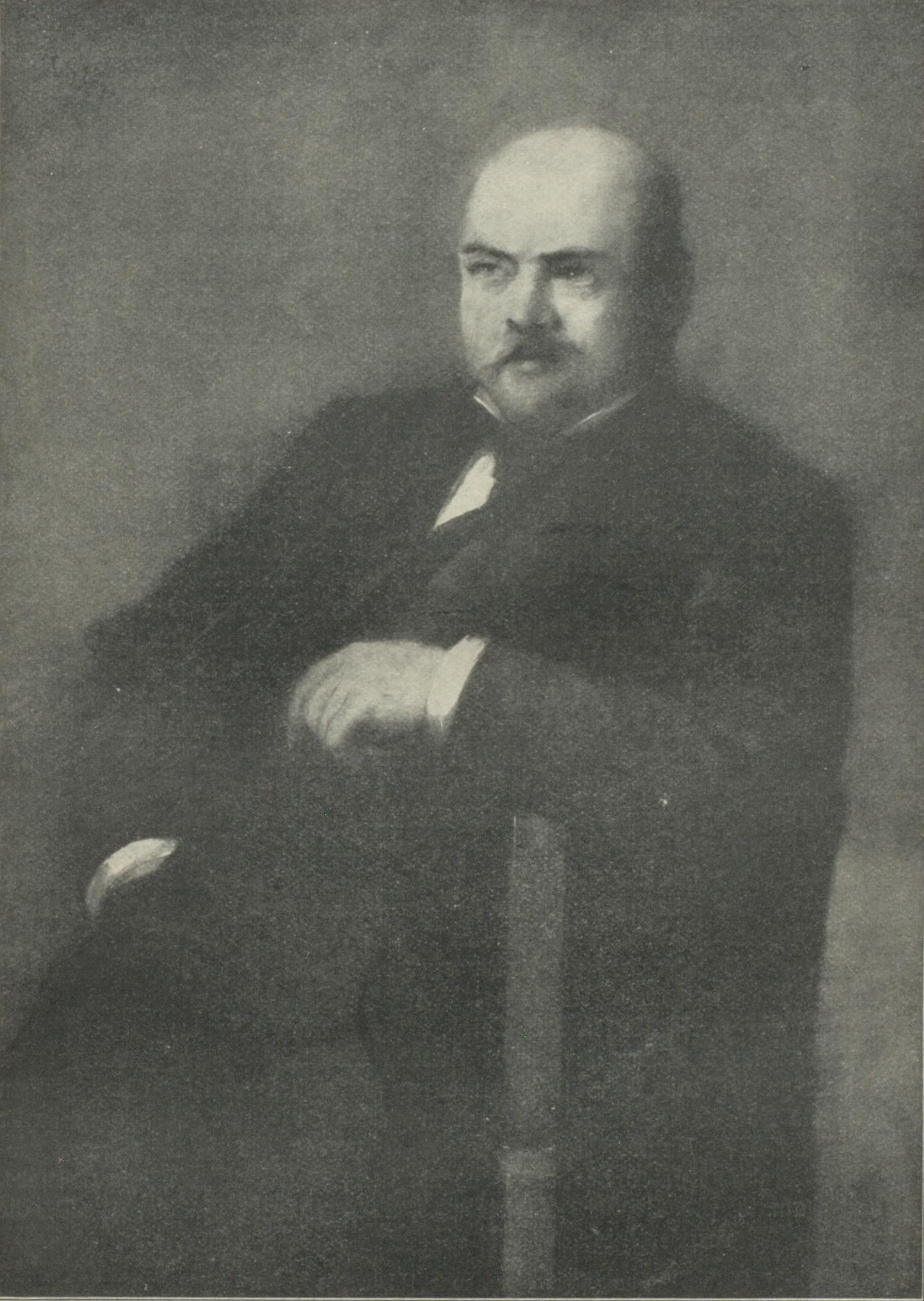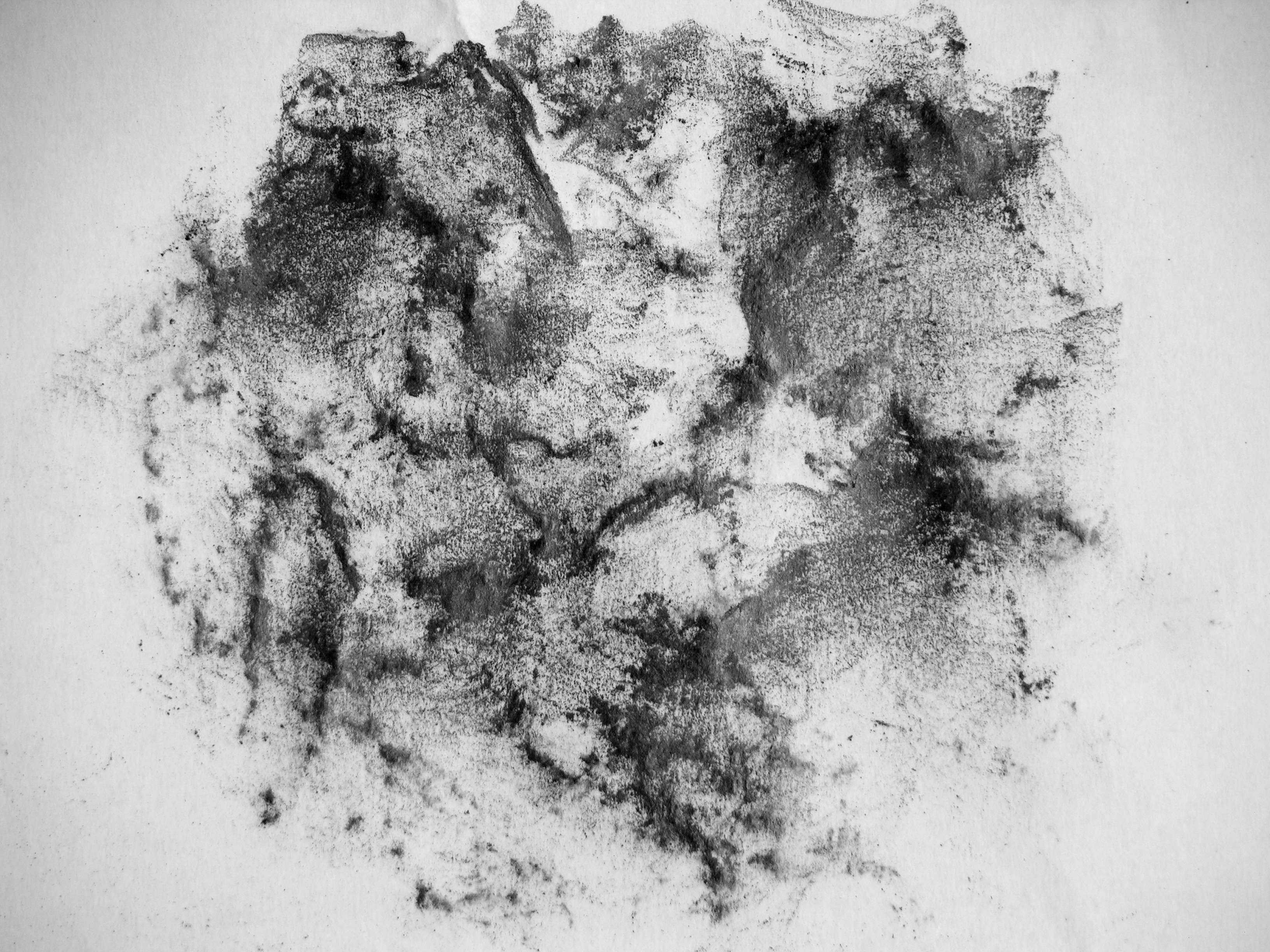|
Lesser Ury
Leo Lesser Ury (November 7, 1861 – October 18, 1931) was a German Impressionist painter and printmaker, associated with the Düsseldorf school of painting. Life and career Ury was born in Birnbaum in what was then Prussia (now Międzychód in Poland), the son of a baker whose death in 1872 was followed by the family's relocation to Berlin.Goodman, Susan Tumarkin (2001). ''Painting in Nineteenth-century Europe: The Emergence of Jewish Artists''. London: Merrell. p. 182. . In 1878 Lesser left school to apprentice with a tradesman, and the next year he went to Düsseldorf to study painting at the Kunstakademie. Ury spent time in Brussels, Paris, Munich, and other locations, before returning to Berlin in 1887. His first exhibition was in 1889 and met with a hostile reception, although he was championed by Adolph von Menzel whose influence induced the Akademie to award Ury a prize. In 1893 he joined the Munich Secession, one of the several Secessions formed by progres ... [...More Info...] [...Related Items...] OR: [Wikipedia] [Google] [Baidu] |
Lesser Ury Paul Schlenther
Lesser, from Eliezer (, "Help/Court of my God"), is a surname. Notable people with the surname include: * Adolf Lesser (1851–1926), German physician * Aleksander Lesser (1814–1884), Polish painter and art critic * Anton Lesser (born 1952), British actor * Axel Lesser (born 1946), East German cross country skier * Edmund Lesser (1852–1918), German dermatologist * Erik Lesser (born 1988), German biathlete * Gabriele Lesser (born 1960), German historian and journalist * George Lesser, American musician * Gerald S. Lesser (1926–2010), American psychologist * Henry Lesser (born 1963), German footballer * J Lesser (born 1970), American musician * Len Lesser (1922–2011), American actor * Louis Lesser (born 1916), American real estate developer * Matt Lesser, Connecticut politician * Mike Lesser (born 1943), British mathematical philosopher and political activist * Milton Lesser or Stephen Marlowe (1928–2008), American author * Norman Lesser (1902–1985), Anglican bisho ... [...More Info...] [...Related Items...] OR: [Wikipedia] [Google] [Baidu] |
Pastel
A pastel () is an art medium in a variety of forms including a stick, a square a pebble or a pan of color; though other forms are possible; they consist of powdered pigment and a binder. The pigments used in pastels are similar to those used to produce some other colored visual arts media, such as oil paints; the binder is of a neutral hue and low saturation. The color effect of pastels is closer to the natural dry pigments than that of any other process. Pastels have been used by artists since the Renaissance, and gained considerable popularity in the 18th century, when a number of notable artists made pastel their primary medium. An artwork made using pastels is called a pastel (or a pastel drawing or pastel painting). ''Pastel'' used as a verb means to produce an artwork with pastels; as an adjective it means pale in color. Pastel media Pastel sticks or crayons consist of powdered pigment combined with a binder. The exact composition and characteristics of an individ ... [...More Info...] [...Related Items...] OR: [Wikipedia] [Google] [Baidu] |
German Male Painters
German(s) may refer to: * Germany (of or related to) **Germania (historical use) * Germans, citizens of Germany, people of German ancestry, or native speakers of the German language ** For citizens of Germany, see also German nationality law ** Germanic peoples (Roman times) * German language **any of the Germanic languages * German cuisine, traditional foods of Germany People * German (given name) * German (surname) * Germán, a Spanish name Places * German (parish), Isle of Man * German, Albania, or Gërmej * German, Bulgaria * German, Iran * German, North Macedonia * German, New York, U.S. * Agios Germanos, Greece Other uses * German (mythology), a South Slavic mythological being * Germans (band), a Canadian rock band * "German" (song), a 2019 song by No Money Enterprise * '' The German'', a 2008 short film * " The Germans", an episode of ''Fawlty Towers'' * ''The German'', a nickname for Congolese rebel André Kisase Ngandu See also * Germanic (disambigua ... [...More Info...] [...Related Items...] OR: [Wikipedia] [Google] [Baidu] |
19th-century German Male Artists
The 19th (nineteenth) century began on 1 January 1801 ( MDCCCI), and ended on 31 December 1900 ( MCM). The 19th century was the ninth century of the 2nd millennium. The 19th century was characterized by vast social upheaval. Slavery was abolished in much of Europe and the Americas. The First Industrial Revolution, though it began in the late 18th century, expanding beyond its British homeland for the first time during this century, particularly remaking the economies and societies of the Low Countries, the Rhineland, Northern Italy, and the Northeastern United States. A few decades later, the Second Industrial Revolution led to ever more massive urbanization and much higher levels of productivity, profit, and prosperity, a pattern that continued into the 20th century. The Islamic gunpowder empires fell into decline and European imperialism brought much of South Asia, Southeast Asia, and almost all of Africa under colonial rule. It was also marked by the collapse of the la ... [...More Info...] [...Related Items...] OR: [Wikipedia] [Google] [Baidu] |
People From The Province Of Posen
A person ( : people) is a being that has certain capacities or attributes such as reason, morality, consciousness or self-consciousness, and being a part of a culturally established form of social relations such as kinship, ownership of property, or legal responsibility. The defining features of personhood and, consequently, what makes a person count as a person, differ widely among cultures and contexts. In addition to the question of personhood, of what makes a being count as a person to begin with, there are further questions about personal identity and self: both about what makes any particular person that particular person instead of another, and about what makes a person at one time the same person as they were or will be at another time despite any intervening changes. The plural form "people" is often used to refer to an entire nation or ethnic group (as in "a people"), and this was the original meaning of the word; it subsequently acquired its use as a plural form of ... [...More Info...] [...Related Items...] OR: [Wikipedia] [Google] [Baidu] |
People From Międzychód
A person ( : people) is a being that has certain capacities or attributes such as reason, morality, consciousness or self-consciousness, and being a part of a culturally established form of social relations such as kinship, ownership of property, or legal responsibility. The defining features of personhood and, consequently, what makes a person count as a person, differ widely among cultures and contexts. In addition to the question of personhood, of what makes a being count as a person to begin with, there are further questions about personal identity and self: both about what makes any particular person that particular person instead of another, and about what makes a person at one time the same person as they were or will be at another time despite any intervening changes. The plural form " people" is often used to refer to an entire nation or ethnic group (as in "a people"), and this was the original meaning of the word; it subsequently acquired its use as a plural f ... [...More Info...] [...Related Items...] OR: [Wikipedia] [Google] [Baidu] |
19th-century German Jews
The 19th (nineteenth) century began on 1 January 1801 ( MDCCCI), and ended on 31 December 1900 ( MCM). The 19th century was the ninth century of the 2nd millennium. The 19th century was characterized by vast social upheaval. Slavery was abolished in much of Europe and the Americas. The First Industrial Revolution, though it began in the late 18th century, expanding beyond its British homeland for the first time during this century, particularly remaking the economies and societies of the Low Countries, the Rhineland, Northern Italy, and the Northeastern United States. A few decades later, the Second Industrial Revolution led to ever more massive urbanization and much higher levels of productivity, profit, and prosperity, a pattern that continued into the 20th century. The Islamic gunpowder empires fell into decline and European imperialism brought much of South Asia, Southeast Asia, and almost all of Africa under colonial rule. It was also marked by the collapse of the l ... [...More Info...] [...Related Items...] OR: [Wikipedia] [Google] [Baidu] |
1931 Deaths
Events January * January 2 – South Dakota native Ernest Lawrence invents the cyclotron, used to accelerate particles to study nuclear physics. * January 4 – German pilot Elly Beinhorn begins her flight to Africa. * January 22 – Sir Isaac Isaacs is sworn in as the first Australian-born Governor-General of Australia. * January 25 – Mohandas Gandhi is again released from imprisonment in India. * January 27 – Pierre Laval forms a government in France. February * February 4 – Soviet leader Joseph Stalin gives a speech calling for rapid industrialization, arguing that only strong industrialized countries will win wars, while "weak" nations are "beaten". Stalin states: "We are fifty or a hundred years behind the advanced countries. We must make good this distance in ten years. Either we do it, or they will crush us." The first five-year plan in the Soviet Union is intensified, for the industrialization and collectivization of agriculture. * February 10 � ... [...More Info...] [...Related Items...] OR: [Wikipedia] [Google] [Baidu] |
1861 Births
Statistically, this year is considered the end of the whale oil industry and (in replacement) the beginning of the petroleum oil industry. Events January–March * January 1 ** Benito Juárez captures Mexico City. ** The first steam-powered carousel is recorded, in Bolton, England. * January 2 – Friedrich Wilhelm IV of Prussia dies, and is succeeded by Wilhelm I. * January 3 – American Civil War: Delaware votes not to secede from the Union. * January 9 – American Civil War: Mississippi becomes the second state to secede from the Union. * January 10 – American Civil War: Florida secedes from the Union. * January 11 – American Civil War: Alabama secedes from the Union. * January 12 – American Civil War: Major Robert Anderson sends dispatches to Washington. * January 19 – American Civil War: Georgia secedes from the Union. * January 21 – American Civil War: Jefferson Davis resigns from the United States Senate ... [...More Info...] [...Related Items...] OR: [Wikipedia] [Google] [Baidu] |
Tanya Ury
Tanya Ury (born October 1951, London) is an activist, author and artist. Since 1993 she has lived in Cologne, which is where many of her family members, including well-known German-Jewish authors, came from. Her arresting video, photographic and performance output deal with Jewish history in general, frequently with a more specific focus on her own Jewish familial provenance. Other themes cover such controversial matters as the Shoah, Racism, Sexuality and Pornography. Life Provenance Tanya Ury was born towards the end of 1951 into a family of Jewish intellectuals in the Marylebone quarter of London, and grew up in the nearby Belsize Park area. She was the eldest of three siblings, another daughter and a son. Her father, Peter Ury, was a journalist and composer originally from Ulm. Her mother, born (Karin) Sylvia Unger, was a daughter of Alfred H. Unger and niece to Wilhelm Unger. Her maternal grandfather, Alfred H. Unger was a German author and dramatist and also, ... [...More Info...] [...Related Items...] OR: [Wikipedia] [Google] [Baidu] |



_1938.jpg)


